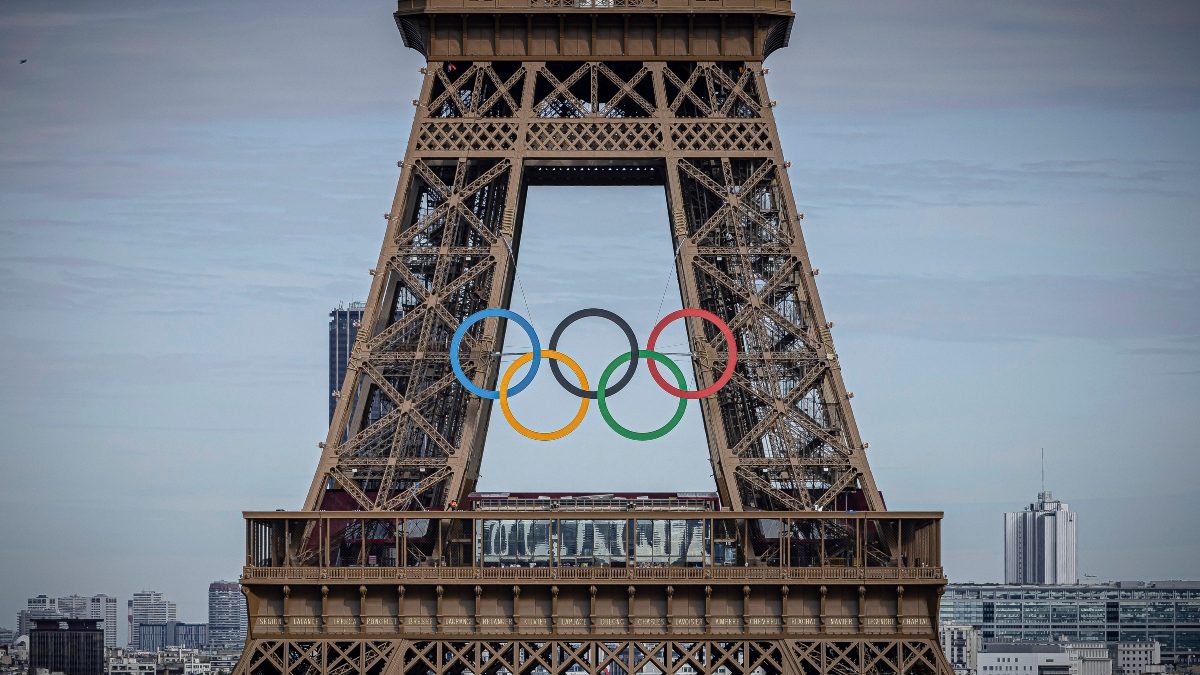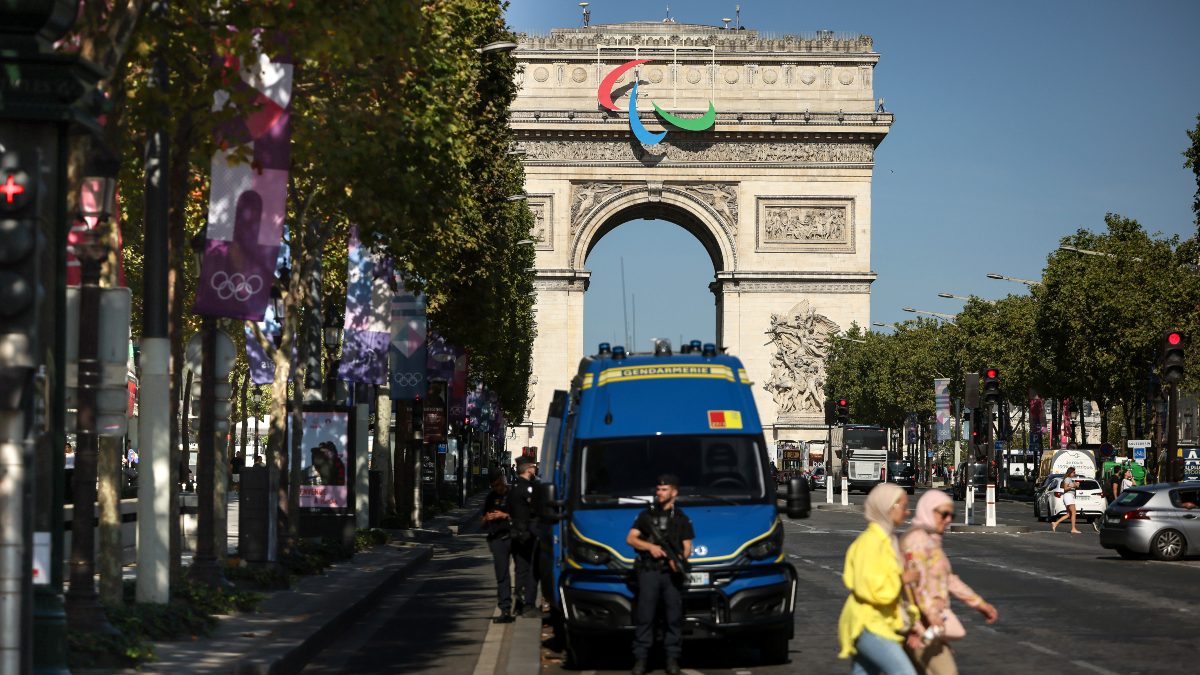The Olympics have a history that dates back to over 2000 years back, although the first modern Olympics was only held in 1896 in Greece. Here’s more you need to know about the history of Olympics. read more
)
The Paris Olympics will take place between 26 July and 11 August. AP
The wait is almost over and the 2024 Paris Olympics is less than 10 days away. The Olympics gets underway on 26 July and the two-week long competition will witness around 10,500 athletes from 206 National Olympic Committee nations. The Games will be held till 11 August.
A total of 32 sporting events will be held during the Paris Olympics with 329 gold medals on offer. The Olympics have a history that dates back to over 2000 years back, although the first modern Olympics was only held in 1896 in Greece.
Paris Olympics Complete Coverage: Click here for news, schedule, explainers and more
What are the other interesting facts about the Olympics? Let’s take a look:
Ancient Olympics
The ancient Olympics was first held in 8th century BC, and originated in Olympia, Greece. The competition took place every four years for a dozen centuries, until 4th century AD when Emperor Theodosius I banned all pagan festivals including the Olympics.
The tradition of athletics was, however, revived 1500 years later, when the first modern Olympics was held in Greece in 1896. Women were allowed to compete at the Olympics since 1900. The athletes competed naked in ancient Greece and did not have to bother about aspects like fashion and sponsorship. The Games used to go on for about five to six months.
Winter and Summer Olympics
Both the Winter and Summer Olympics were held in the same year from 1924 to 1992, but ever since, they have been held in different cycles ever since, alternating every two years. Just four athletes have won both the Summer Olympics and Winter Olympics, with Christa Ludinger-Rothenburger of East Germany having won medals in the same year.
Olympic torch
An ancient ceremony at the temple of Hera in Greece is usually held for the lighting of the Olympics torch, and is lit in an old-fashioned way. Actresses wear costumes of Greek priestesses and use parabolic mirror and sun rays to light the torch.
The torch relay then gets underway to the city that is due to host the Games. Runners usually carry the torch, although it is also often transferred on boats, aero planes or even on horseback. The torch, when unlit, has also been taken to space sometimes.
The relay torch and the Olympic flame is to be lit up during the entire duration of the Games. Should the flame go off, a backup flame must be used to reignite it. This backup flame has also been lit in Greece as well.
Sports not part of the Olympics
Quite a few sports are not part of the Olympic Games anymore. These include tug of war, synchronized swimming, hit air ballooning, rope climbing, tandem bicycle, dueling pistol, plunge for distance and swimming obstacle race. Additionally, the only time when live pigeon shooting was part of the Olympics was during the 1900 Games in Paris.
Olympic symbol and their rings
Baron Pierre de Coubertin, co-founder of the modern Olympics, invented the five rings that is part of the Olympic symbol. The ring signifies the five uninhabited continents of the world.
The six colours — Blue, yellow, black, green, red along with the white background, were the chosen colours because of the fact that at least every country had one colour on the nation’s flag.
Other unique information about the Olympics
At the 2012 London Olympics, a total of 165,000 towels were used at the Olympic village for just over two weeks of activity. The 2012 London Olympics was also the first Games where all countries had sent female athletes to participate.
English and French are the official languages of the Olympics, apart from the official language of the host country.
Johnny Weissmuller, an athlete who later turned into acting, competed in the Olympics, winning five gold medals in swimming in the 1920s. He notably played Tarzan in 12 movies.
The 2016 Rio Olympics marked the first time the Olympic Games were held in South America. Meanwhile, the Olympics have ben held in 23 different countries.
Waldo, the dachshund dog, was the first-ever Olympic mascot, during the 1972 Munich Olympics.

 2 months ago
14
2 months ago
14
)
)
)
)
)
)
)
)
)
)
)
)
)
)
)
)
)
)
)
)
)
)
)
)
)
 English (US) ·
English (US) ·